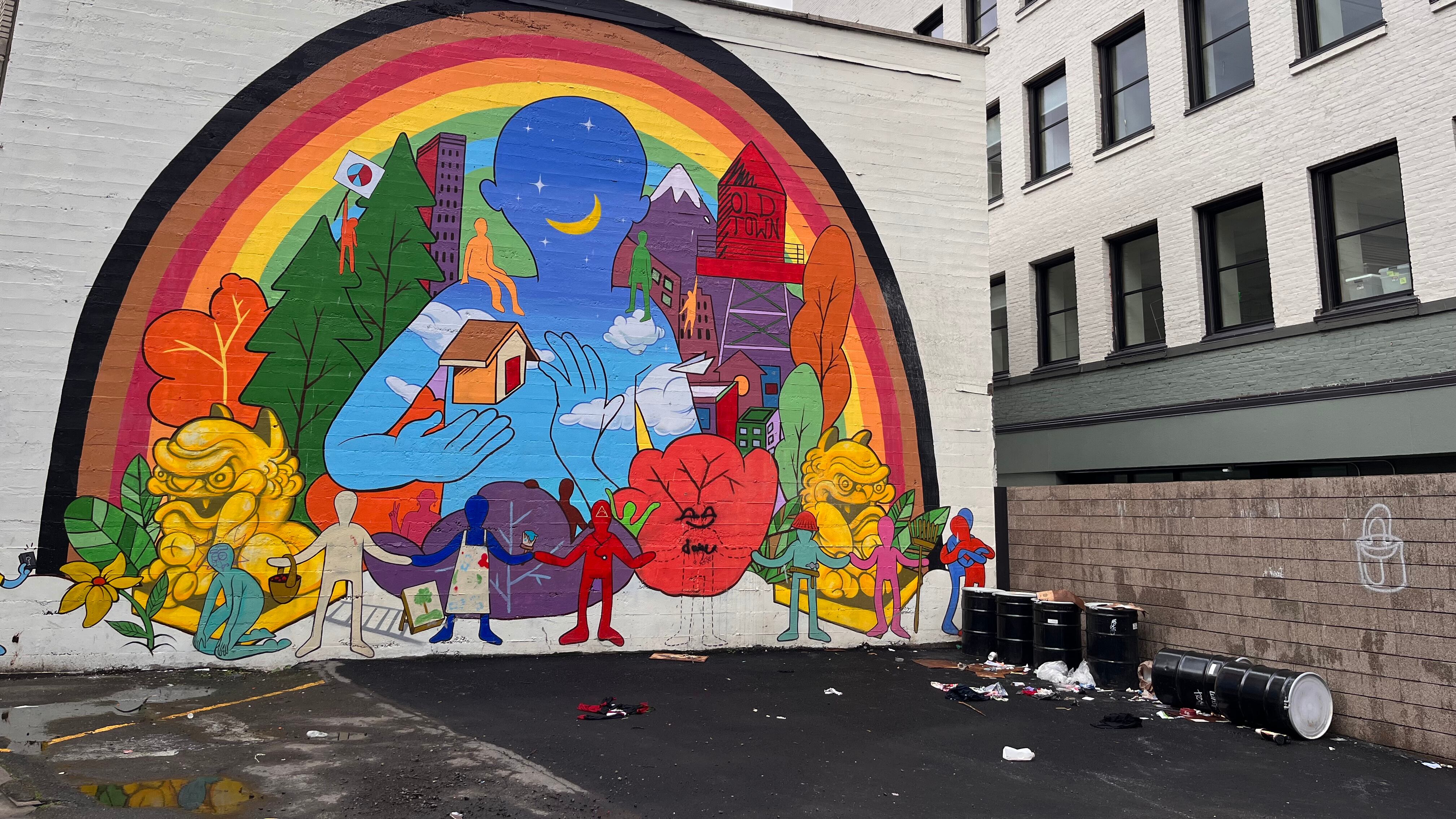Portland lawyer John DiLorenzo sent a letter Monday morning to Multnomah County leaders asking that they audit the contractor that manages the county’s downtown Behavioral Health Resource Center.
The county’s flagship day center, which opened in December and offers homeless Portlanders an opportunity to do laundry, access peer support and find connections to resources, shut down temporarily this spring after allegations that staff from various contractors working at the facility were having sex with each other and using and distributing drugs. The center reopened April 17.
DiLorenzo, who tells WW he’s representing downtown property owners but declined to name them, asked in the letter that the county audit the Mental Health & Addiction Association of Oregon, the nonprofit that manages the day center, after it did not furnish DiLorenzo with its recent 990 federal tax forms after he requested them in May. (One of the conditions the Internal Revenue Service places on nonprofits is that they make their tax returns available to the public upon request.)
“Although my clients have voiced many concerns about the operation of the BHRC and its impact on their businesses and the safety of their employees and customers, one ongoing concern has related to the relative lack of transparency in the management of the BHRC,” DiLorenzo wrote to County Chair Jessica Vega Pederson and the county’s attorney. “In light of MHAAO’s unwillingness to comply with federal law to disclose their returns, I request that you undertake a full audit of the organization so the public can be aware of the manner in which [it] is devoting the nearly $2.2 million of taxpayer funds which you are providing for their services.”
DiLorenzo initially sent a letter to the MHAAO on May 11, asking that it provide three years’ worth of tax returns. The nonprofit’s failure to respond, DiLorenzo says, is what led him to take the matter to the county chair.
The nonprofit’s 2021 return, as well as returns prior to 2021, is available through the Oregon attorney general’s website. The MHAAO posted its last three 990s—including its fiscal year 2021-22 return—on its website today. But DiLorenzo, despite also being sent the returns by Gullickson on Monday, says his request to the county still stands: “These returns don’t tell us specifically how they are using the money to implement a policy.”
The nonprofit’s executive director, Janie Gullickson, tells WW that it’s “disappointing to me that the automatic reaction is that we must not have 990s or the implication that we must be mishandling public funding simply because an email or two was missed.”
Although DiLorenzo wouldn’t name his clients, he has in recent years represented some of the city’s largest real estate owners—and some of those past clients own buildings within the blocks surrounding the county’s day center. (He also represented the 10 Portlanders with disabilities who successfully sued City Hall last year to remove tent encampments from blocking sidewalks.)
The letter is not necessarily a precursor to litigation, but it is a warning that downtown property owners are unhappy with the center and may be seeking legal action soon.
“I have a whole variety of downtown business interests that are very concerned about the management of the BHRC. There’s still a lot of property crime happening,” DiLorenzo tells WW. “I am very concerned about government delegation to nonprofit organizations that operate under the cloak of darkness with taxpayer funds.”
County spokesman Denis Theriault says the MHAAO is currently undergoing a series of customary audits, including a fiscal audit by Multnomah County.
The investigation into allegations of drug use and sexual relationships between contractors at the center is ongoing.

